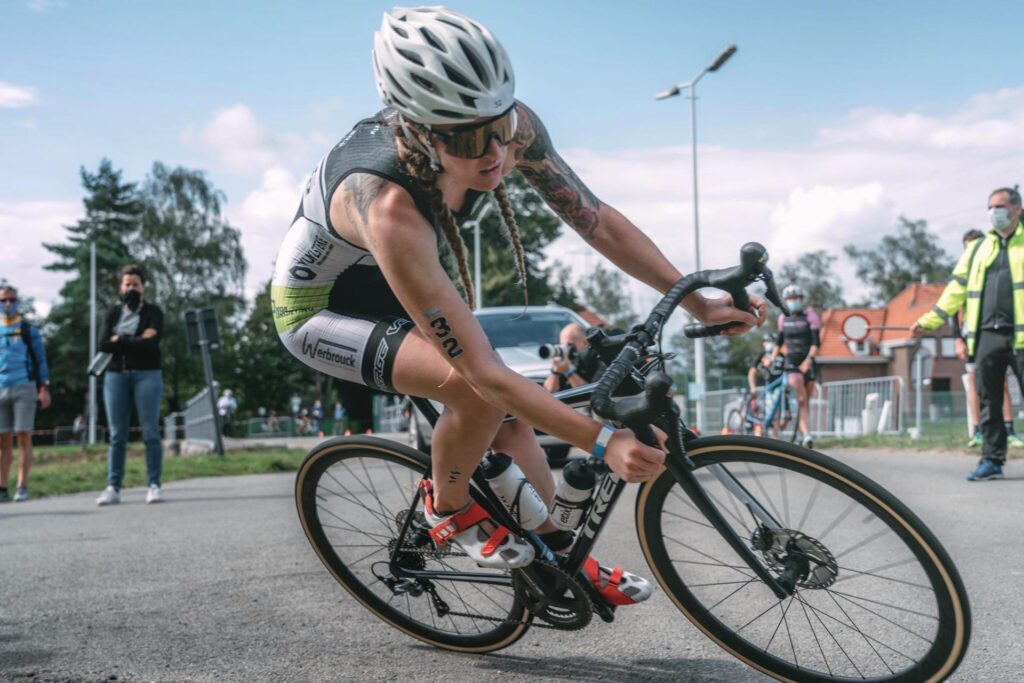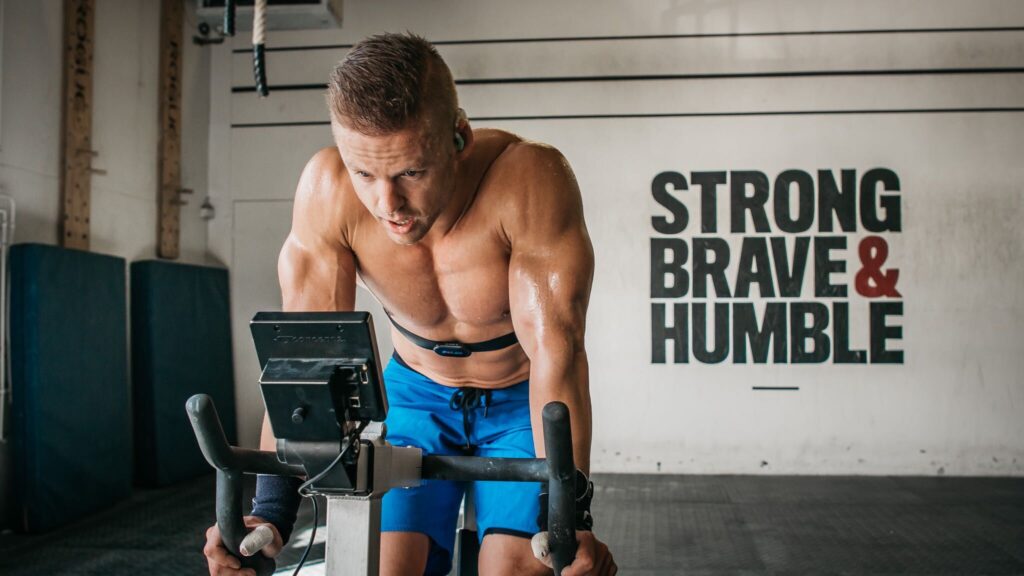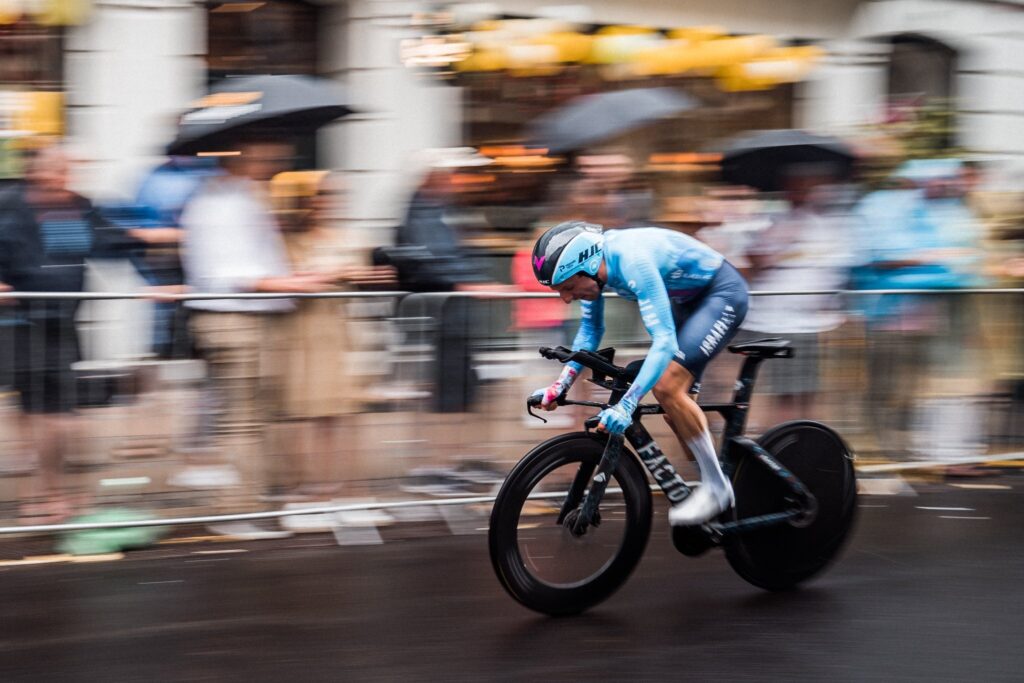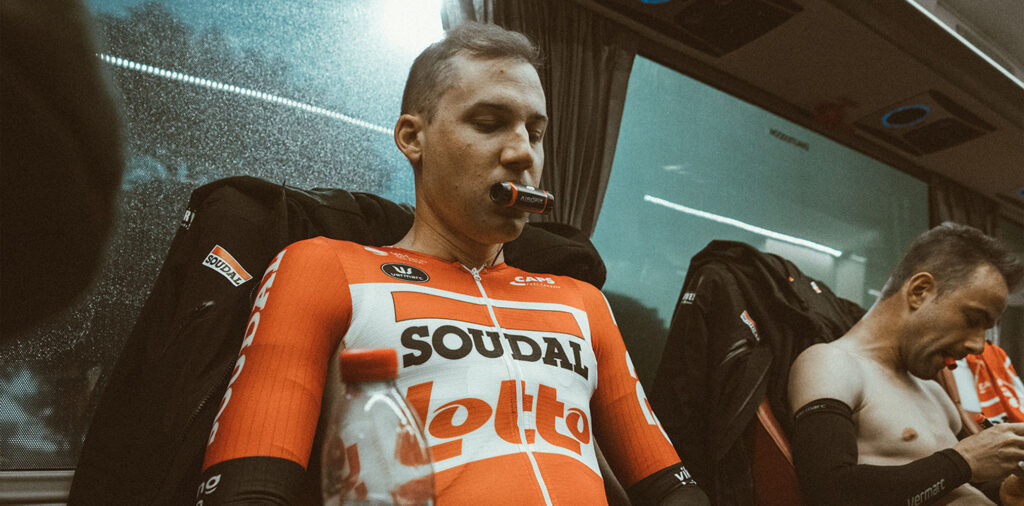Darren Stringer: the benefits of breath-training in martial arts
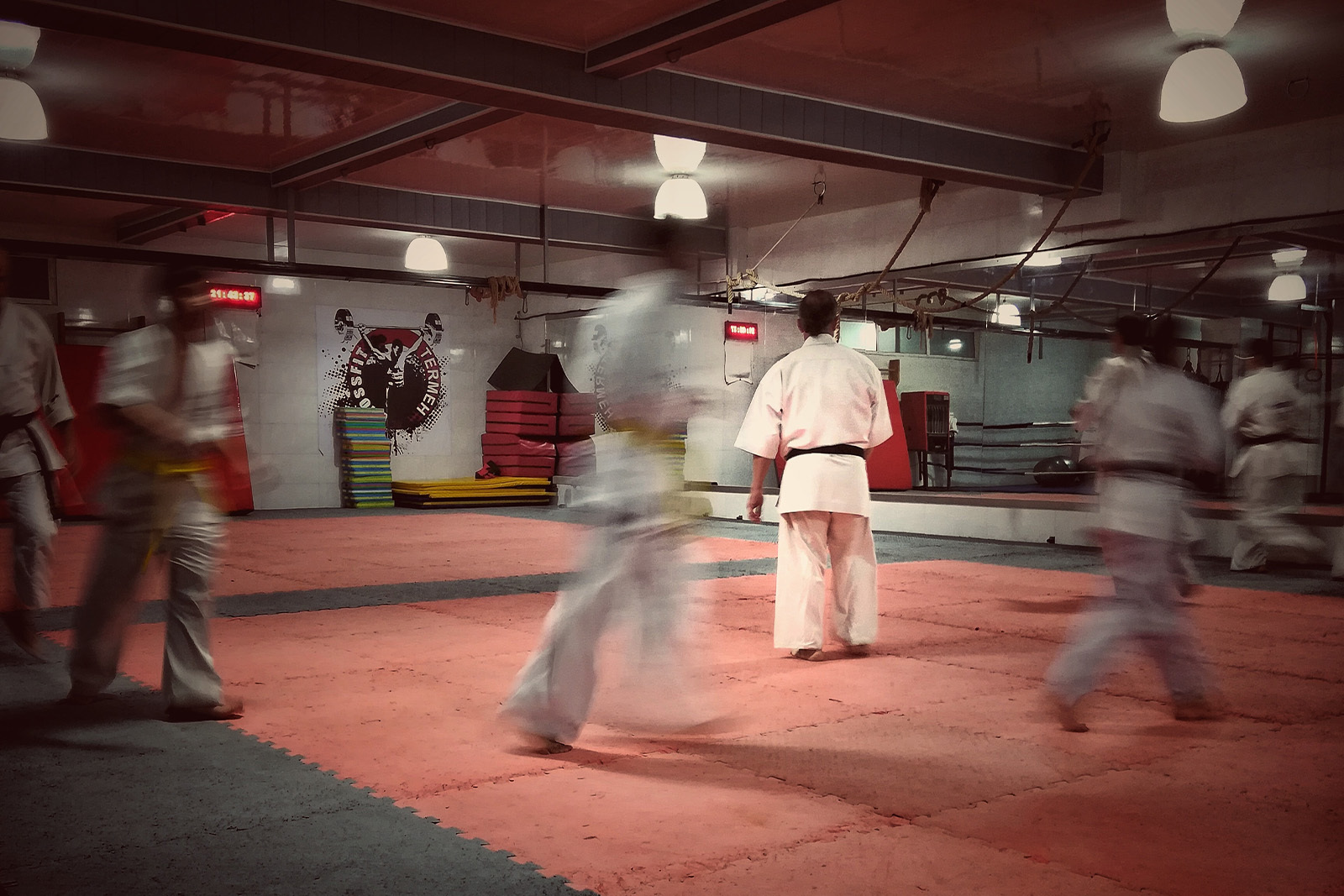
Sensei Darren Stringer, an elite karateka from the UK, is no stranger to competition. Whether he’s winning medals in full-contact tournaments, or in Kata, Darren knows a thing or two about training hard and the challenges of high-level martial arts.
Darren, a 4th Dan Black Belt in Kyokushinkai Karate, took some time out of his busy schedule to tell us how training with Airofit helps him compete and recover.
Hi Darren, thanks for taking the time to answer our questions! Did the Covid pandemic set you back a lot in terms of competing in tournaments and in your teaching practice?
The pandemic obviously put a halt to all competitions, however we pioneered the online karate teaching via zoom at this point to adapt to the circumstances – we actually still teach 1 session a week via zoom.
We had over 40 countries joining in our classes 6 times a week at the peak of the pandemic, we were very lucky in the sense that we were able to adapt to the situation and also train several times a week whilst teaching (as its all viewing online so you have to do not just teach).
It is great as it gets you very involved in the process not just instruct.
How did you first become aware of the value of breathing training?
I used breathing devices many years ago. Using this to restrict the recovery breathes in between working rounds. To ensure your lung capacity was working a lot more effectively to recover for the next round. In fighting it’s very important to keep your breathing under control, you can be winded and if you are not under control the likeliness is you will be dropped through a good technique.
Airofit however is the next level to this, as it trains both inflow and outflow breathing. Along with the App giving various training exercises and progress it’s a nice addition.
What are the main benefits you see from regular training with Airofit?
Better control in our breathing, which in turn leads to feeling fitter and a better recovery. It also is doing a lot to the muscles around the core area giving a more toned core – both in and out.
Do you find sticking to a set time or routine with breath-training helps? Or do you fit it in whenever your schedule allows?
I do not use it as often as I would like. Mainly because I forget to use it when rushing around (even though the App reminds you), so I’m a bit more sporadic than id like – although I do use it fairly regular. I always try to use it when doing a training session along with in the morning. I feel it sets me up nicely if I manage to use it in the morning before setting off for work. Also, this gives me a good indication of similar times and effects on progress or not.
What have been the most significant milestones in your career as a karateka and instructor? Any personal highlights that really standout?
I have been very fortunate to have had a good career. I had won 4 world tournaments in both Knockdown and kata discipline (I don’t think anyone else has done this although I may be wrong). You don’t get many people who cross over in disciplines. 2 Europeans in knockdown along with 2 British Opens and quite a few other major international tournaments. I have always said that the IFK 3rd place in the World Knockdown tournament was special. I lost my dad weeks before the tournament so it was hard emotionally – although I had hoped for better under the circumstances it was a great result.
I have been fortunate to break a few records along with the cross-discipline world champion I also won 13 consecutive National Kata tournaments and 3 consecutive world Kata tournaments. So, I’m very proud and pleased about this.
I always have been extremely thankful to have trained under Hanshi Steve Arneil for my entire Karate career until last year when he passed away. For most people this is a truly great highlight, and many are not fortunate enough to have trained as much as I had with him – he was very sought after and to have him on my doorstep so to speak at my dojo was amazing. I cannot thank him enough for all the benefits and success I have had. This is probably the constant standout from day one.

What tips would you share with anyone just starting out in Karate, or the martial arts world in general?
Enjoy the process and be patient. The process for martials arts is not like most other sports where the grades (belts) are a process over many years. Although progress is gained with each session the belts do not come as quickly as you think. The goal of a black belt is many years of training, on average I would say 6 years. Although its slow and difficult it is worth it!!
The things you are able to do as a martial artist influence and effect most other things you will turn your hand too, be it discipline, focus, fitness co-ordination and strength. It lends great to a lot of other add-ons – if you wish to.I would recommend every to get involved in martial Arts and Kyokushin especially. The family feel is unique, the ability to turn up at any dojo and feel as though you can fit right in is a very special feeling. One that is not replicated in many other sports.
Everyone starting martial arts feel awkward and un-coordinated, this sometimes deters people from continuing but everyone who walked through the Dojo doors were the same. We all took the same process, and whilst you do not have to be great to start, you have to start to be great!
Would you recommend Airofit’s app-based breath-training system to others practicing martial arts?
Yes absolutely, the benefits I mentioned above are paramount to assisting students of all levels. Whether they are interested in purely training twice a week in the Dojo to be fit, or to being an elite athlete fighting in major tournaments. The goal is always to be better than the day before. Breathing is a major element to progression; control your breathing and you can control the outcome.
Thanks again for you time Darren, we wish you continued success in your career and hope that breath training with Airofit helps you train, recover and sleep better!
Thanks to Airofit for the partnership and for the amazing device along with the monitoring app, it really is a great way to not only improve but see the improvements. The small device is a lot easier to use and the size is very easy to hold in the mouth unlike many others that are quite bulky in comparison. Well done to you guys.
Darren teaches at Budo Kyokushinkai, in Croydon UK.
You can find out more on his website:
https://budokyokushinkai.com
He also runs KRT Tips & Tricks, Instagram account with friend and fellow Kyokushin black belt Wesley Jansen.

